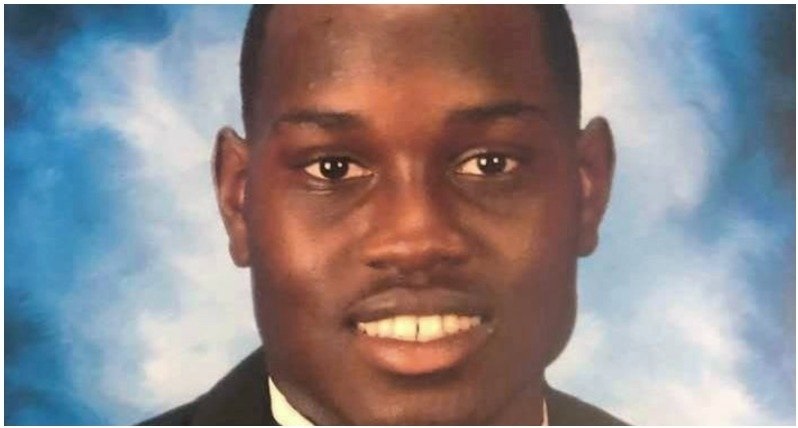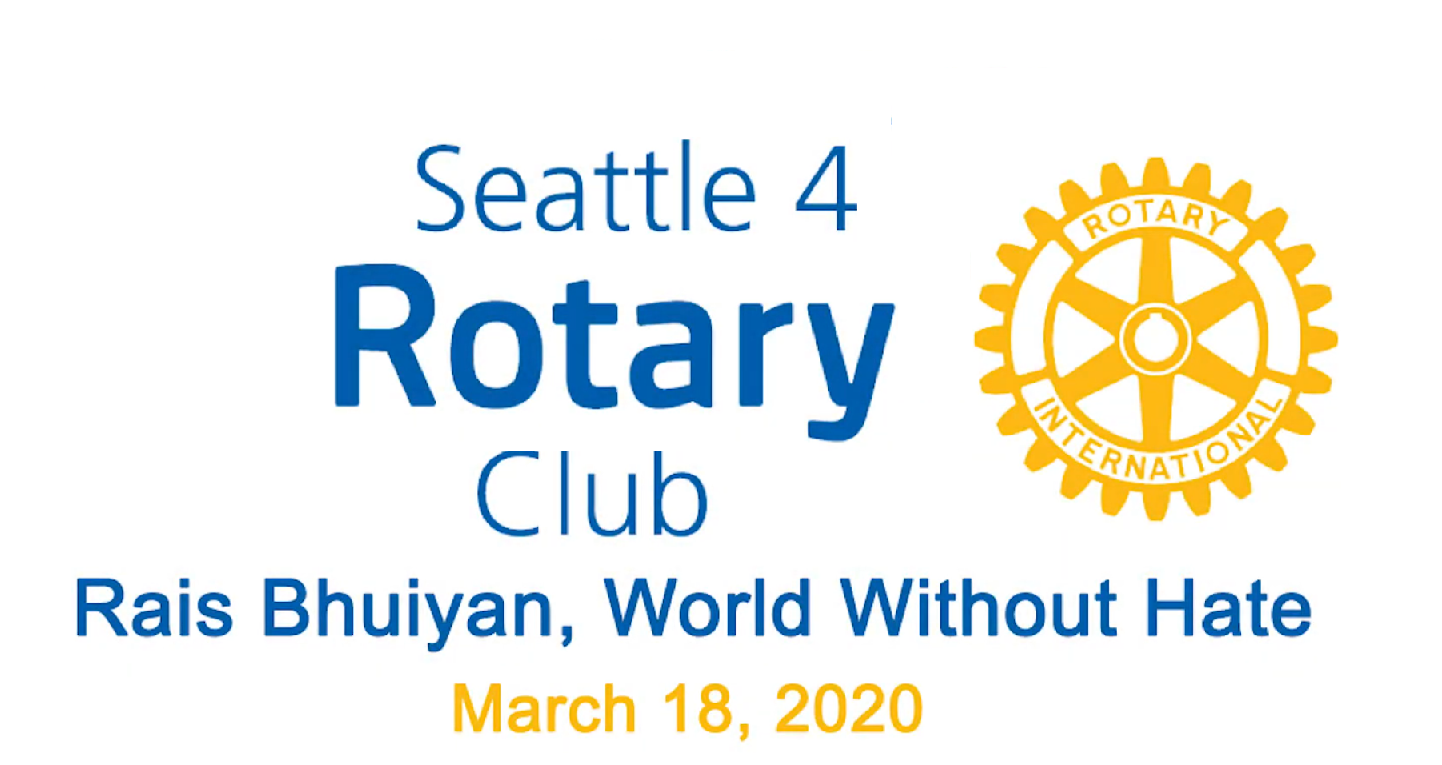Shaping Peace Together: A Story of Love & Servant Leadership
Reflections on My 19th Rebirthday
19-years Later, Reflections on September 11
Combating Hate: Empathy Through Storytelling
White Women Dismantling White Supremacy
Upon Stroman’s Execution: “Hate has to stop. We are all in this world together.”
An Open Letter: A Christian Against Islamophobia
Dear Mr. Lynch,
I’m writing today, as a retired Intelligence Officer and current interfaith/intercultural advocate, to challenge your statement that “Islam is a domestic enemy of America.” I will not address the sourcing of your social media post, other than to note that it appears (from open source) that individual’s knowledge of Islam may be self-taught. In addition, perhaps you are not aware that a well-funded anti-Muslim propaganda machine spends hundreds of millions of dollars fanning the flames of Islamophobia. Regardless, I offer below a different point of view, based on my extensive counterterrorism expertise, my formal study of Islam, and my personal interaction – as a Christian – with Muslims.
During my Intelligence career, spanning almost
32 years, I do not recall a single instance when Islam was ever identified as
“the enemy” – this includes the years after 9/11 until I retired in December
2014, during which I worked with counterparts in the Middle East, Europe,
Africa, and South East Asia to identify, penetrate, and disrupt terrorist
networks. Of note, for decades of my
career, I worked
shoulder-to-shoulder with counterparts around the globe of different faiths and
cultural backgrounds, pursuing enemies of mutual concern. Many of my professional successes –
particularly those accomplished with international partners – were not in spite
of our differences but BECAUSE of them. Given this, I was stunned at
the level of fear and hatred of “the other”, especially Muslims, that I
encountered when my husband and I retired to Greenville, South Carolina. It quickly became apparent that these
attitudes were a result of ignorance. Having lived, worked, and
vacationed in Muslim-majority countries for years, I began drawing on my
personal experiences to dispel dangerous myths about Islam voiced within the
community, and I accepted a position in an
Upstate nonprofit, actively engaged in building bridges between people of
different faiths and cultures.
As I transitioned from public service to work
in the interfaith/intercultural arena, I attended classes at a local university
and studied Islam, Judaism, and Hinduism.
I was amazed to learn how much these religions have in common, not only
with each other but also with Christianity.
During this period, I also read an English translation of the Qur’an,
cover to cover, so that I could see for myself what the Muslims’ holy book ACTUALLY says – paying
close attention to the verses often referenced by terrorists and anti-Muslim
hate groups. (In case you are wondering,
I do read and speak Arabic well enough to know that the English version of the
Qur’an mirrors the original text.) Pouring
through the pages of the Qur’an, I was fascinated to learn that Muslims and
Christians believe in the same God and that the Qur’an parallels many of the
same stories in the Bible. More
important, I realized that terrorists and anti-Muslim hate groups have hijacked
and distorted verses in the Qur’an to fit their evil agendas.
As I
dipped my toe into the waters of the interfaith arena, a colleague suggested
that I read a compelling historical account of
a Muslim world leader, well-known during the 19th century as one who demonstrated
through his actions – to include risking
his life to save thousands of Christians – the power of unifying people of
different faiths to combat evil, so that peace could prevail. In Commander of the Faithful/ The Life
& Times of Emir Abd el-Kader, author John W. Kiser tells the gripping
story of this Algerian leader, who won not only the trust, respect, and
admiration of the men under his command and tribes in the region but also of
Europeans who originally feared him and his family, because of stories they had
heard of atrocities committed by Arabs and Muslims. European hearts and minds were changed, and
stereotypes about Arabs and Islam were destroyed through PERSONAL INTERACTION
and INTERFAITH DIALOGUE.
This
leads me to my final point. Without
question, the best “sourcing” of information I can offer you about Islam is
drawn from my personal interaction with Muslims. As noted above, my husband and I (both
Christians) spent a considerable amount of time living, working, and
vacationing in Muslim-majority countries.
We look back fondly on the warmth and generosity extended to us by
Muslims in far away places, as they shared with us their rich traditions and
cultures, as well as the peace of Islam. As we settled into retirement in the Upstate,
we sought out the Muslim community and, as expected, the welcome we received
rivaled the legendary “Southern hospitality.”
During our four years in Greenville, we attended a number of events
hosted by the Islamic Society (open house outreach events, picnics,
fundraisers, cultural celebrations, Iftar dinners during Ramadan, etc.), and
each time we left inspired by the impressive efforts of these Muslim brothers
and sisters to make the Upstate, our country, and the world a better a better
place.
No
doubt COVID-19 has put a halt to many of the interfaith efforts in the
Upstate. As South Carolina reopens, I
encourage you to attend events hosted by the Islamic Society of Greenville, as
a way to meet your Muslim neighbors; perhaps start by attending an outreach
event at the mosque in Taylors. In addition to seeing
for yourself how much you have in common with these fellow-Americans, you will
learn that their religion is NOT based on violence or oppression but rather
peace and surrender to God’s will. My
husband and I not only attended this informative gathering at the mosque ourselves,
but we also returned a number of times, bringing friends with us – some of whom
had never knowingly spoken to a Muslim before.
It was exciting to see views of Islam change. If I were still in Greenville, I would offer
to accompany you to any of the interfaith events in the area. My husband and I left the Upstate in 2018, to
live closer to our daughters. I remain
in touch with my fellow interfaith/intercultural advocates in South Carolina, however,
so I have no doubt that I can find someone to answer any questions you might
have about Islam or to provide you with information about upcoming interfaith
programs.
I
close by sharing a story about Islamophobia that illustrates both the danger
posed by ignorance and the power of knowledge in ending hate. History has proven that ignorance breeds fear
that can lead to hate; left unchecked, that hate can result in violence. A dear friend of mine found himself on the
receiving end of this deadly escalation of ignorance to violence almost 19
years ago. Days after the 9/11 terrorist
attacks, Mark Stroman – a white supremacist calling himself “the Arab Slayer” –
walked into the convenience store where Rais Bhuiyan
was working. Stroman was on a shooting spree
and, from close range, he shot Rais (mistaken as an Arab) in the face.
Rais,
the sole survivor of Stroman’s hate, not only forgave his would be killer, but he
also fought to prevent his execution. Drawing
on his Islamic faith, Rais launched an inspiring campaign to save Stroman’s
life, exhausting all possibilities. Although
Rais’ efforts failed, before Stroman was executed, he learned about his
victim’s tireless efforts to spare his life.
During a phone call with Rais, shortly before his execution, Stroman told
Rias, “I love you, bro. I mean it.” Among Stroman’s
last recorded words were the following: “Hate is going on in this world, and it has to stop.
One second of hate will cause a lifetime of pain.”(
http://www.clarkprosecutor.org/html/death/US/stroman1262.htm)
I’m
proud to serve on the board of World Without Hate, the nonprofit that Rais and
his wife Jessica established in their ongoing quest to break the cycle of hate
and violence through respectful dialogue.
My passion for their work and my respect for our Muslim brothers and
sisters in Greenville drove me to speak out against the dangerous Islamophobic
message posted on your Facebook campaign page.
Respectfully, Marisa W. Barthel
Note: Mark Lynch was running for State Senate, District 12, in South Carolina.
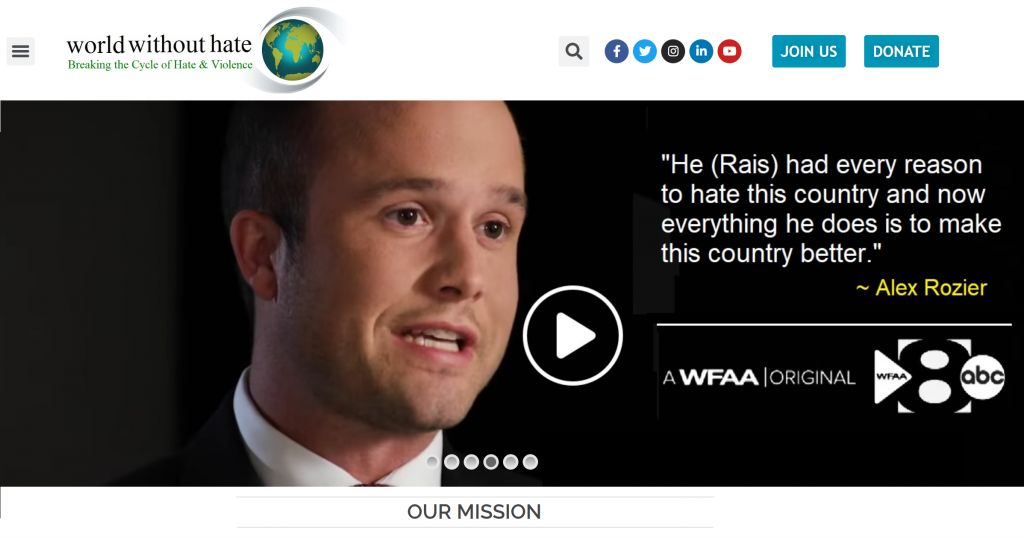
Ahmaud Arbrey: A Victim of America’s Brutal Racism, Intolerance and Hate
It took me several days to finally bring myself to watch the footage of Ahmaud Arbery’s murder. The images keep replaying in my mind.
Did he feel a cold rush through his spine once he realized these men were pursuing him?
Did his mind race with fear and strategy and confusion… Why is this truck following me? What should I do? Should I keep running?
Did he know he was moments away from dying?
As he was lying on the road, blood pouring from his body, was he begging his God for life?
I’ll never forget the image of Ahmaud Arbery. His lifeless body now placed into the carousel of my mind, with too many other black and brown lives gunned down by hate.
It never escapes me that I am fortunate enough to be here today. I survived the brutal hate of white supremacy. I know what it feels like to be sought out based on the color of your skin. I will never forget seeing myself on the edge of life and death, the images of my loved ones fading in and out, struggling to stay awake, fighting to stay alive. I continue to carry the scars of hate – physically, mentally, and emotionally. While I continue to make peace with my pain, I won’t ever forget what it’s like to be seen as inhuman, unworthy of life, a heartbeat meant for extinction.
I will never understand how seemingly easy it is for people like Ahmaud’s killers to take a human life, but also how acceptable it is in our country. Though I grew up in Bangladesh, I learned about American history, culture and its topnotch educational system. While I was familiar with America’s tangled, racist, violent beginnings, I couldn’t truly understand the magnitude of hate on marginalized communities until I migrated here. I am extraordinarily proud to be an American and there is so much I love about this great country. It is why, after being shot in the face from point blank range, I remained here, rebuilding my life in the very place that tore it apart. And so, it is as a hate crime survivor and an American, that I keep Ahmaud (and all those before and after him) in the forefront of my mind, trying to give them voice through my own.
In addition to sharing my story, advocating for human rights, and speaking out against hate and violence, it is imperative for me and for all of us to keep learning about our country, its history and its people. How can we save black and brown lives from senseless hate, violence, and death if we don’t commit to fully understanding the root cause? How can we create change if we don’t rectify our past first? We must try to imagine ourselves in Ahmaud’s shoes, but we must also deeply reflect upon the slave origins of our country too. Picture yourself for a moment – innocent and free and then captured, beaten, shackled, and shipped across the ocean to a foreign land, forced into hard labor – that is, if you even survived. Abolishing slavery seems so righteous, but if America had truly freed our black brothers and sisters, wouldn’t more of them be able take a leisurely jog in a quiet suburban town without losing their life on the middle of the street?
We cannot change the past. But we have the power to shape our future. Those who are guilty of this tragic, barbaric murder must be brought to justice. As a nation, we must collectively demand action – not for a few days or a week – but until equality and justice has prevailed for all. Even then, we cannot stop talking about Ahmaud or victims like him. We must stop thinking that we have the luxury of moving on. Ahmaud’s family doesn’t have such privilege. I can’t simply stop the nightmares or wish away the bullet fragments embedded in my skull. Instead of forgetting, it is high time for us to be brutally honest with ourselves. America suffers from its racist, intolerant, and hateful past; a history that continues to take the lives of innocent, unarmed black men, but WE have the power to repair it.
With empathy, and our sincerest intentions, we have the power to eradicate racism, intolerance, hate, and violence from our communities, and truly move forward as one, united and peaceful nation. It’ll be far from easy and it won’t be swift. But, if we fail to finally rise up and protect the sanctity of life, how can we possibly call ourselves the land of the brave and the home of the free.
~ Rais Bhuiyan, Founder, World Without Hate

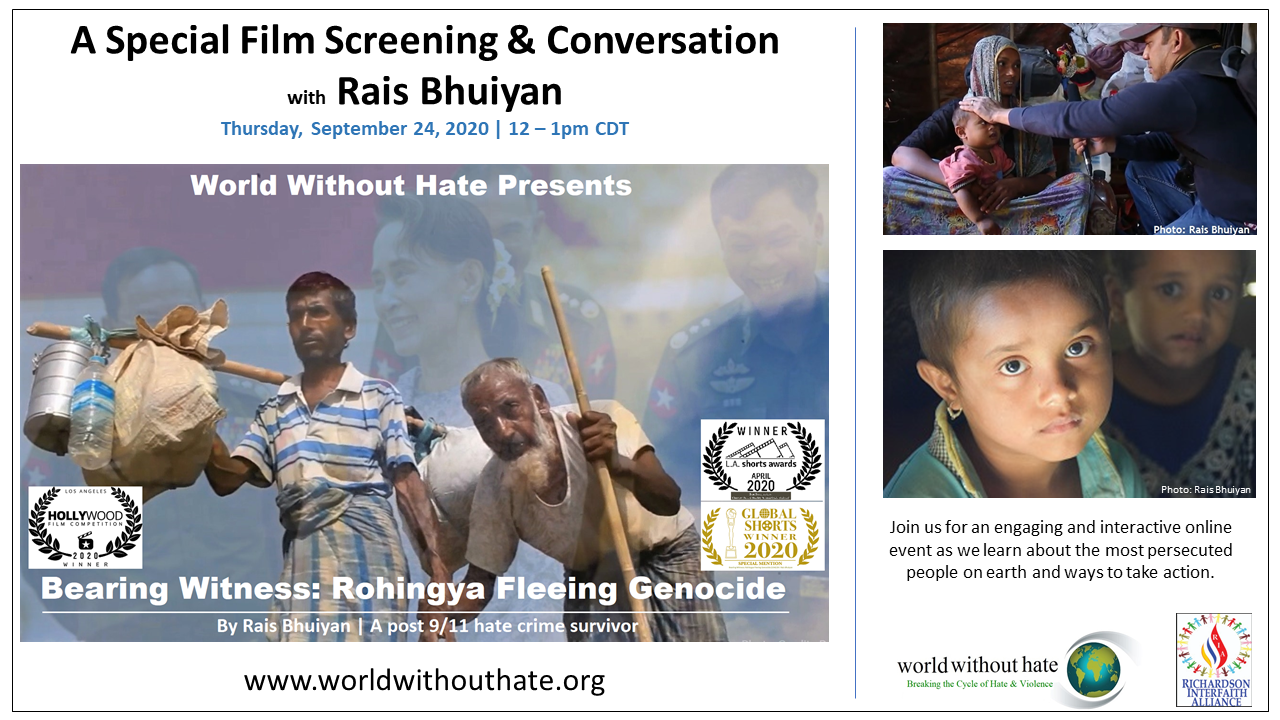
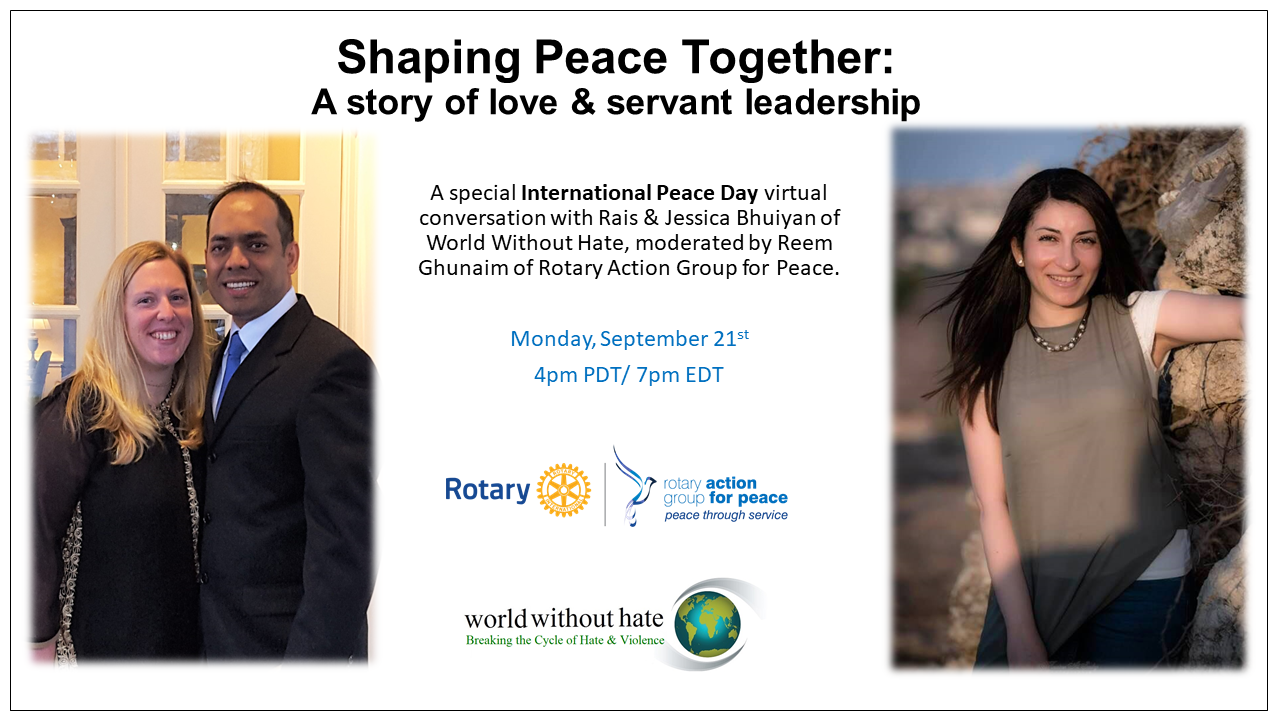
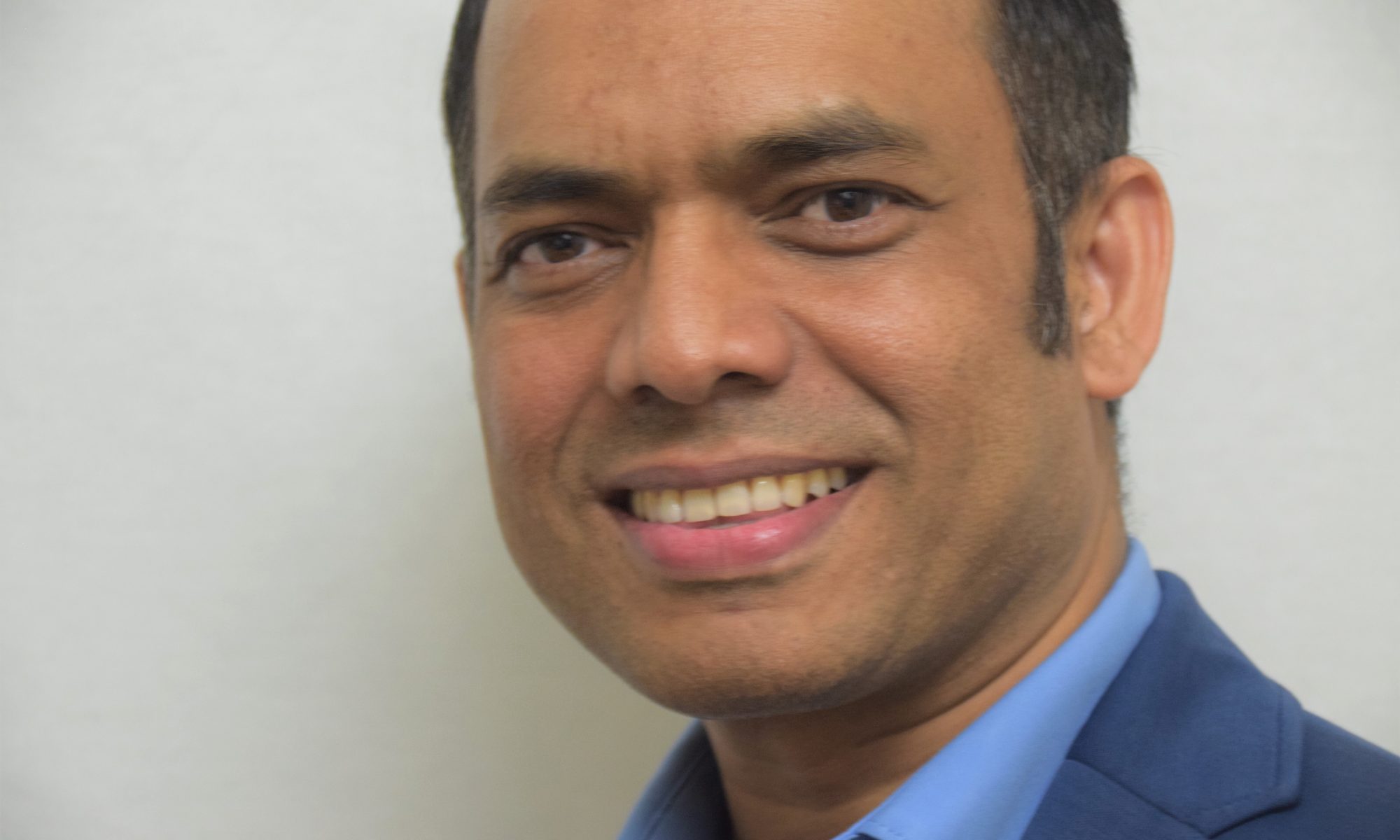
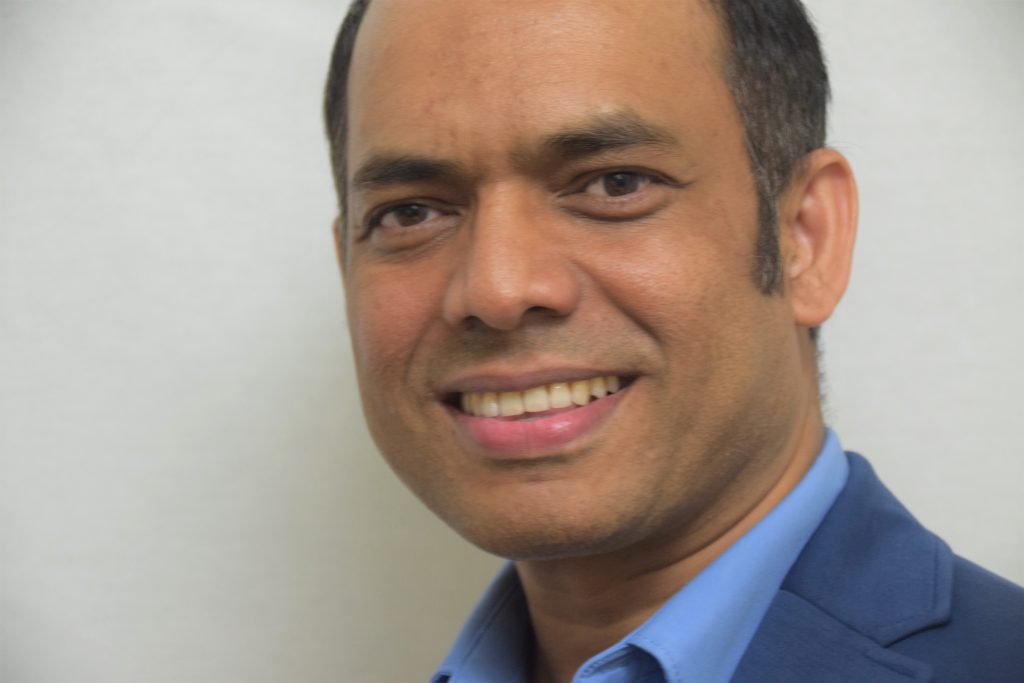 Around noon that day, a man wearing a bandana, baseball cap, and sunglasses, carrying a double barrel shot gun walked in. Pointing the gun directly at my face, he asked, “Where are you from?” Before I could utter anything more than “Excuse me?” he pulled the trigger from point blank range.
Around noon that day, a man wearing a bandana, baseball cap, and sunglasses, carrying a double barrel shot gun walked in. Pointing the gun directly at my face, he asked, “Where are you from?” Before I could utter anything more than “Excuse me?” he pulled the trigger from point blank range.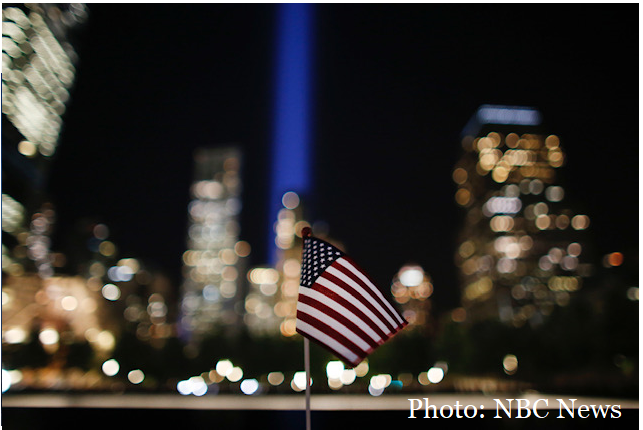
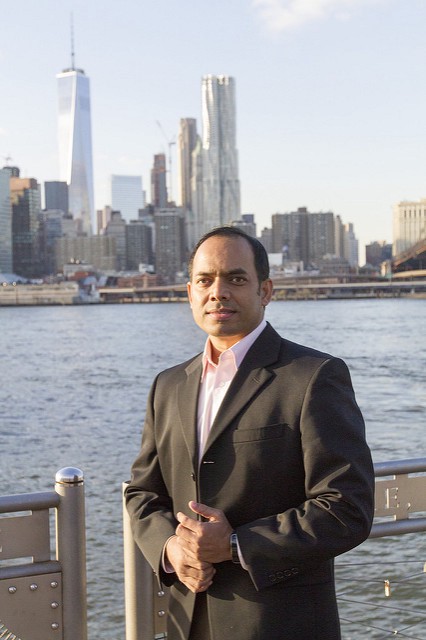 On September 21st, the self-proclaimed True American on a revenge shooting spree, burst into the convenience store, shot me from point blank range, and left me for dead on the cold concrete floor. Though I survived, inexplicable damage remains. There is not a single day I am not reminded of, or impacted by, this painful tragedy and must constantly work to make peace with my pain. Still, I am extraordinarily proud to be an American. It is why, after my shooting, I chose to remain, rebuilding my life in the very place that tore it apart.
On September 21st, the self-proclaimed True American on a revenge shooting spree, burst into the convenience store, shot me from point blank range, and left me for dead on the cold concrete floor. Though I survived, inexplicable damage remains. There is not a single day I am not reminded of, or impacted by, this painful tragedy and must constantly work to make peace with my pain. Still, I am extraordinarily proud to be an American. It is why, after my shooting, I chose to remain, rebuilding my life in the very place that tore it apart.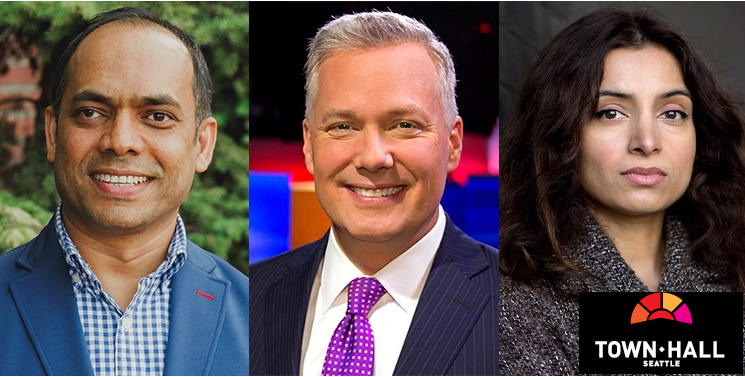
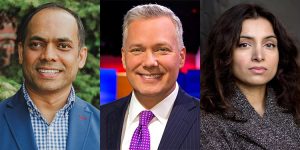
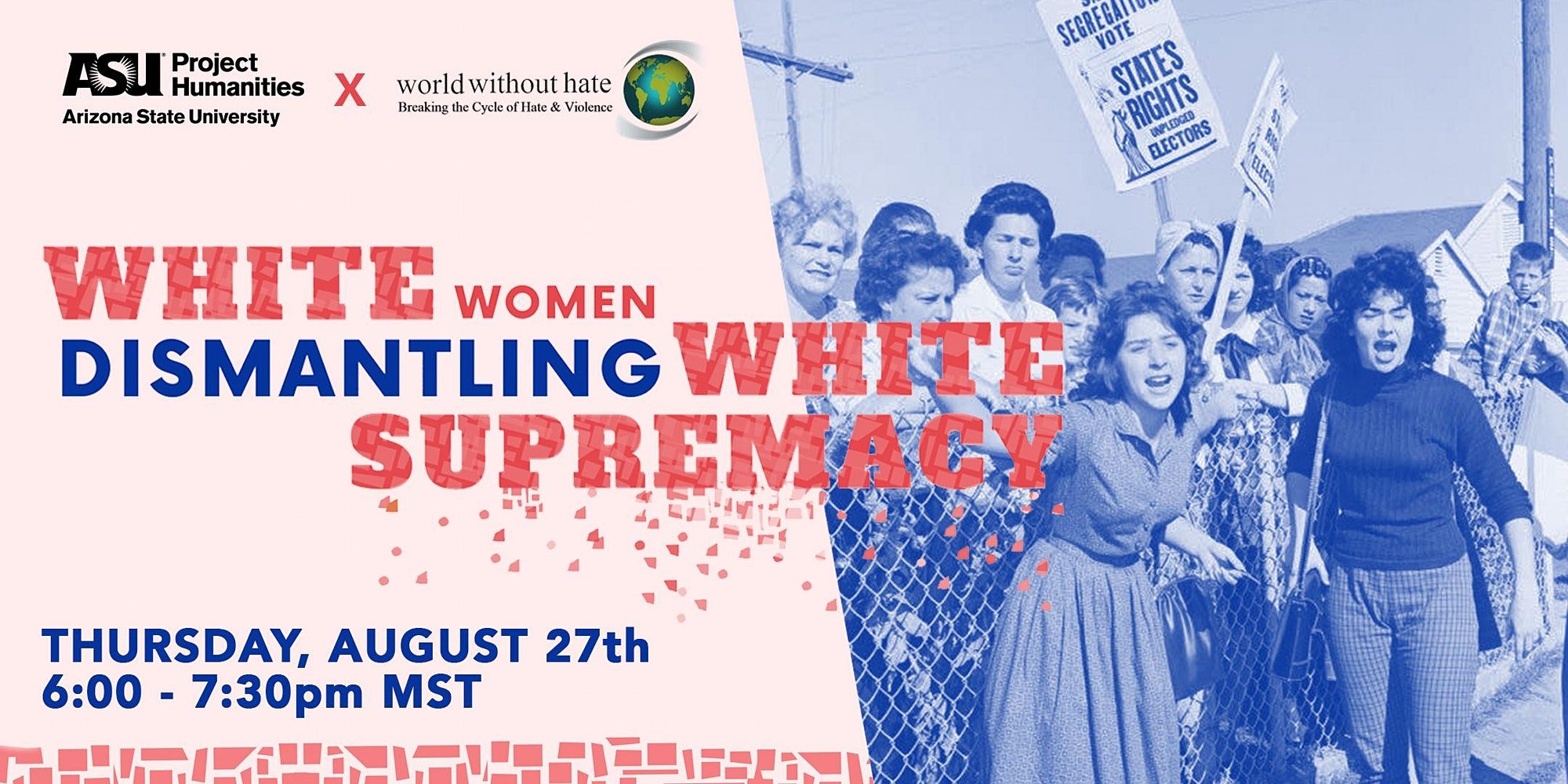
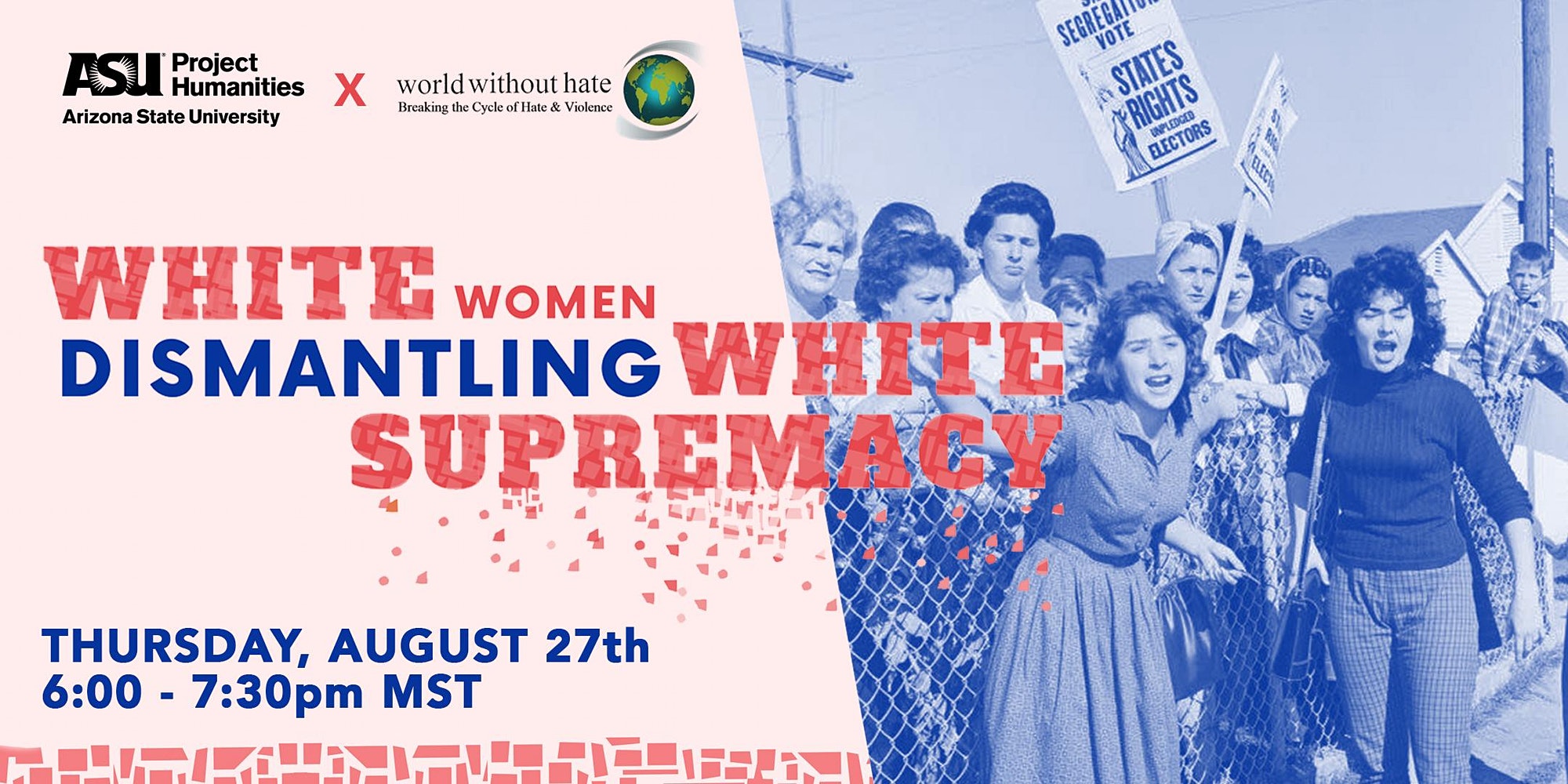
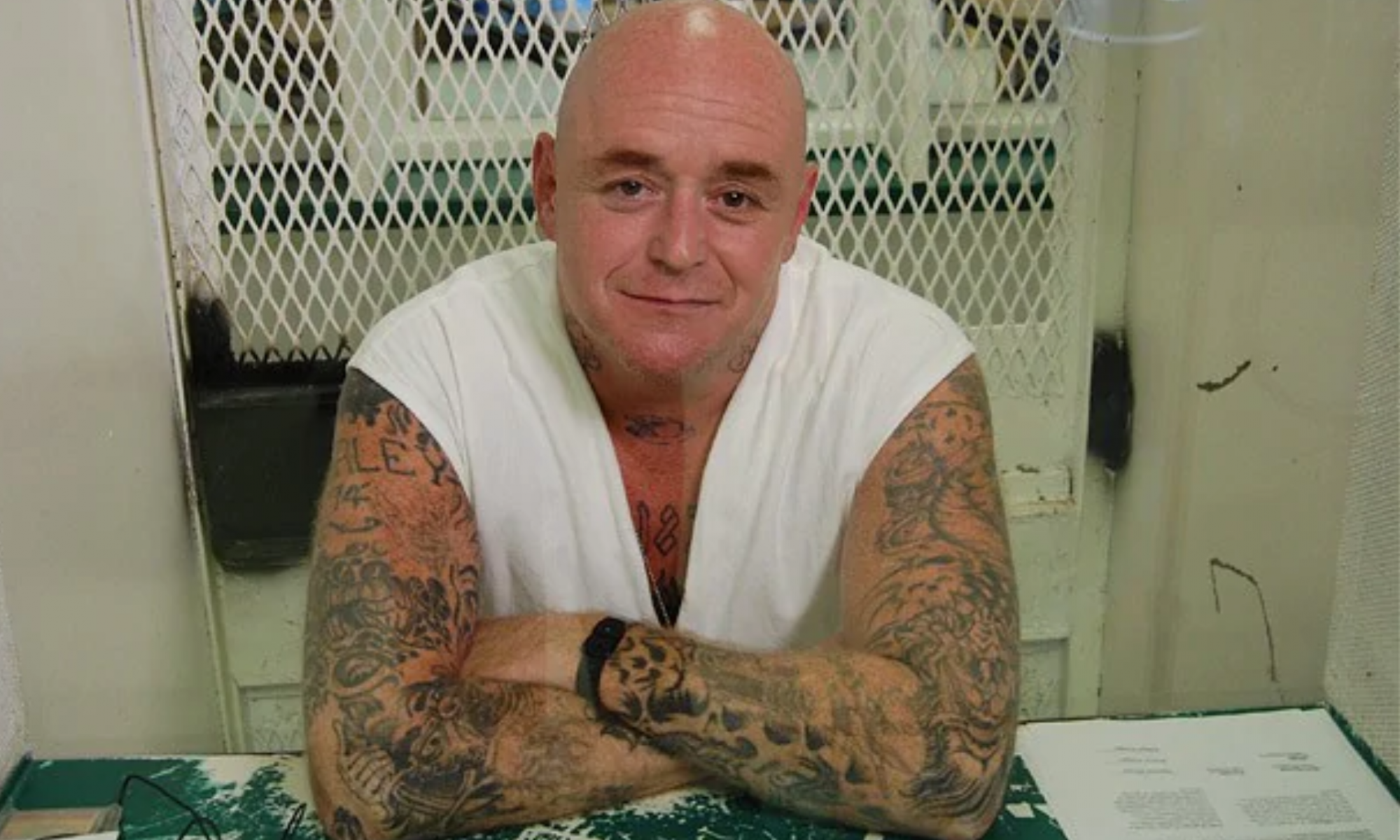
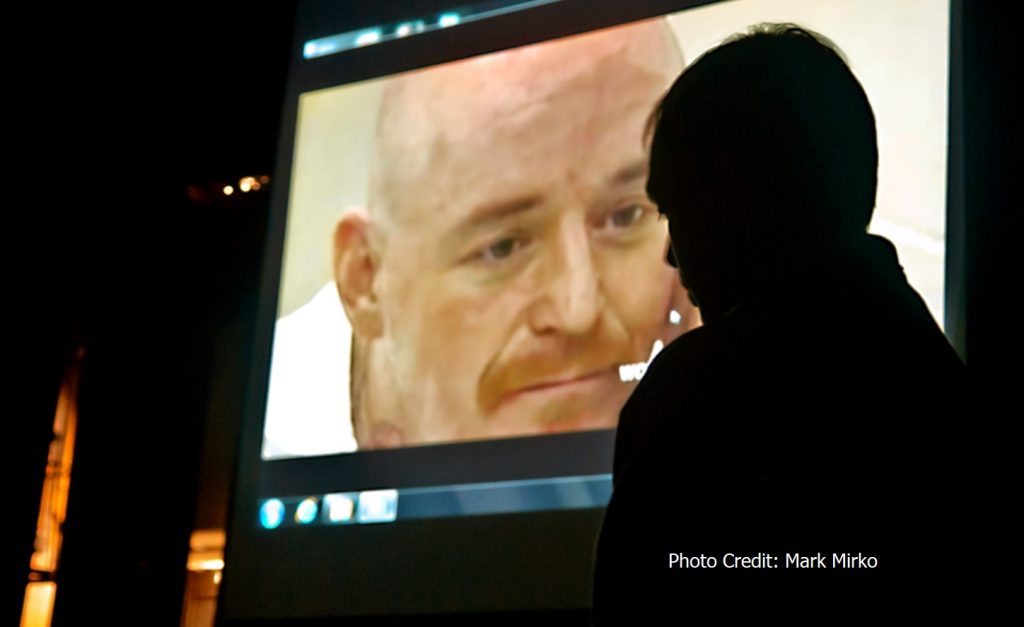 Mark came to realize this painful truth only after he killed two and nearly took my life as well. He said that while physically behind bars, he found mental freedom, getting beyond the fear, ignorance, and hatred that led him to murder. As he learned, and had a change of heart, Mark wanted nothing more than to transmit his messages to others like him. Far too many in the free world were locked up in a prison inside themselves because of the hate they carried in their hearts. He warned, “killing another human being is not something you can forget…please don’t stereotype people. Please don’t become a Mark Stroman.”
Mark came to realize this painful truth only after he killed two and nearly took my life as well. He said that while physically behind bars, he found mental freedom, getting beyond the fear, ignorance, and hatred that led him to murder. As he learned, and had a change of heart, Mark wanted nothing more than to transmit his messages to others like him. Far too many in the free world were locked up in a prison inside themselves because of the hate they carried in their hearts. He warned, “killing another human being is not something you can forget…please don’t stereotype people. Please don’t become a Mark Stroman.” 
